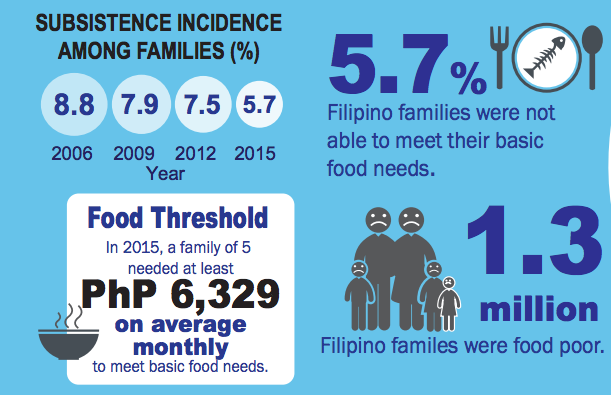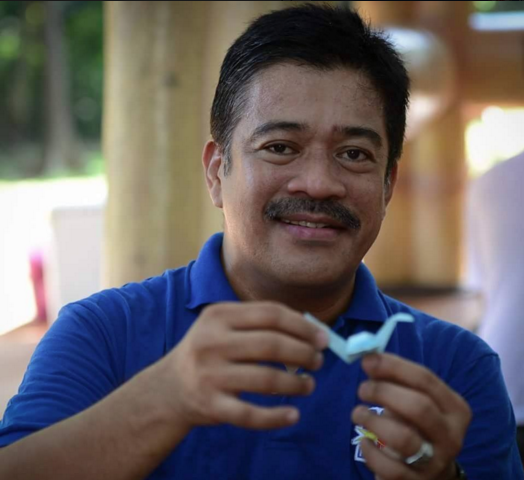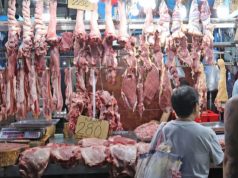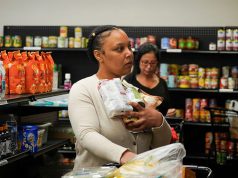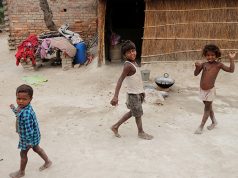MANILA, Philippines – There are more than eight million Filipinos who can’t meet their basic food needs, according to latest available government data. And an activist-lawmaker worries that the numbers may increase if what he calls “pahirap bills” introduced in Congress become law.
“Dahil po sa mga pahirap na bills na ito ay di na tayo magtataka kung umabot sa libo ang presyo ng instant noodles at iba pang pagkain. Lalong magugutom ang mahihirap, maging ang middle class,” said Bayan Muna Rep. Carlos Isagani Zarate in a statement issued Tuesday, June 20.
[Because of these pahirap bills, we should no longer wonder if the prices of instant noodles and other food items reach a thousand pesos. The poor, even the middle class, would become more hungry.]
Zarate is complaining about the following proposed measures — the Asin Tax or House Bill 3719, the Trans-fat Tax Bill or H.B. 5845 and the Tax Reform for Acceleration and Inclusion Act or H.B. 5636 also known as the TRAIN Bill.
H.B. 3719, introduced by Masbate Rep. Scott Davis Lanete, seeks to “to pressure citizens into adopting a healthier diet” by imposing a P1-tax on manufactured foods such as canned goods, processed food, and junk food per one milligram of sodium in excess of one-third of the allowable daily intake of sodium chloride as prescribed by the Department of Health.
Zarate said that based on the computation by the Philippine Chamber of Food Manufacturers Inc. during the last House Ways and Means Committee hearing on H.B. 3719, a pack of noodles that now costs P6.85 would be priced at around P800 if the proposed measure becomes law.
H.B. 5845, also introduced by Lanete, seeks to impose taxes on food products containing artificial trans-unsaturated fatty acid, an unhealthy substance made through the chemical process of hydrogenation of oils. Trans-fat is often found in deep-fried food products, animal fat and dairy products, and cookies cakes, and biscuits.
According to Lanete, a medical doctor, “artificial trans fats…cause a lot of health risks” such as increase in bad cholesterol, developing heart disease and stroke, and type 2 diabetes.
The Masbate lawmaker said in his bill that, “Imposing a tax on the production, sale, and consumption of food containing artificial trans fats will not only deter citizens from consuming more than the prescribed daily intake but will also generate additional funds for the government.”
H.B. 5636, an administration-backed proposed legislation seeks to increase by P10 a liter the excise tax on sugar-sweetened beverages such as juice drinks, tea, coffee, carbonated beverages, flavored water, energy and sports drinks, and cereal and grain beverages.
‘Taxation not the solution’
Zarate said that, “If indeed health is the primary concern” of these bill, then “taxation should not be the solution.”
“There are other ways for ensuring the health of Filipinos and more taxation is not among them,” he said
The lawmaker said that instead of pushing for the passage of these burdensome bills, the government could ban chichiria and noodles in grade school or it could mandate for cheap nutritious food in schools or place price controls on nutritious food and viands to make these more affordable.
“Clearly, the primary goal of these measures is to increase taxes and the poor ordinary people will be burdened once again. The poor have little or no income at all and most of the times they have no choice but to buy cheap non-nutritious food,” Zarate said.
Food-poor Filipinos
A total of 8.2 million Filipinos or 1.3 million families are food-poor, according to latest available data from the Philippine Statistics Authority (PSA).
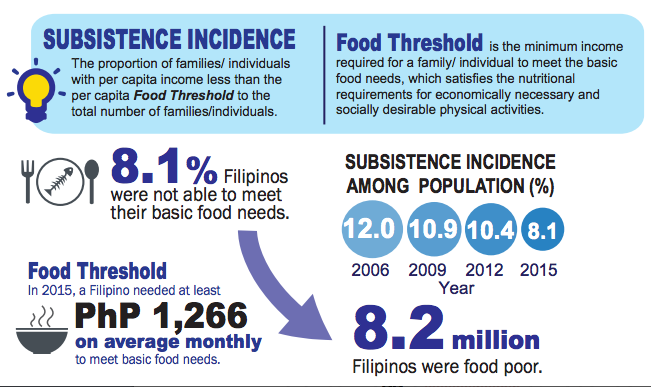
The figure represents 8.1 percent of the country’s population or 5.7 percent of the nation’s total number of families who can’t meet their basic food needs.
This is called subsistence incidence referring to the proportion of families or individuals with per capita income less than the per capita food threshold to the total number of families/individuals.
In 2015, every Filipino needed at least P1,266 monthly to meet basic food needs, while a family of five needed at least P6,329 per month for the same necessities, the PSA said.
This is called food threshold or the minimum income required for a family or individual to meet basic food needs and satisfy the nutritional requirements for economically necessary and socially desirable physical activities.
